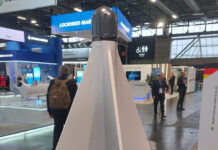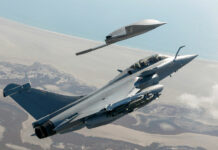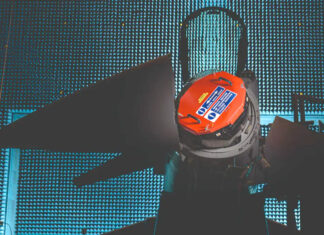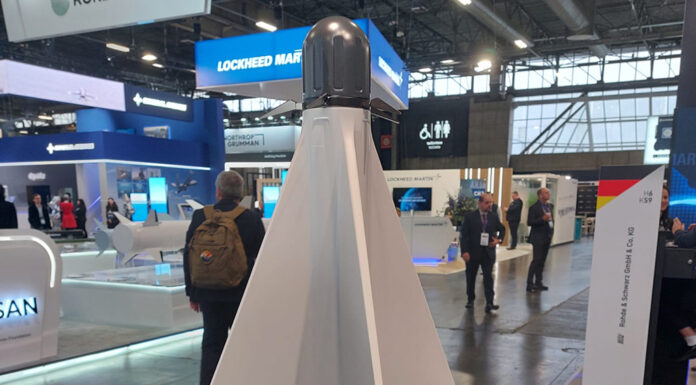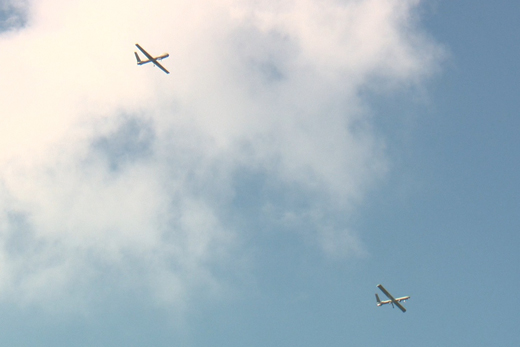
Elbit Systems announced that it successfully performed a series of joint flight missions of its Hermes 450 and Hermes900 Unmanned Aircraft Systems (UAS). The two different UAS were controlled and operated from the same universal ground control station (UGCS), transmitting the gathered imagery, ELINT and COMINT to their station operators, while using different communications systems.


Joint flight control and management of two different UAS provides users with enhanced operational flexibility, adapting each specific UAS to a specific mission and furthermore enabling management of highly complex missions in diverse arenas. Conducting joint flight operation from a common UGCS is also highly cost effective as the two distinct UAS rely on shared software architecture and training programs, thus reducing additional costs. Capable of simultaneously controlling two parallel UAS missions, each mission managed by a single operator, the UGCS enables advanced mission performance, automatic taxiing, autonomous flight and automatic takeoff and landing systems common to all the UAS in the Hermes family.
Building on the vast operational experience of the Hermes 450, the backbone of the Israel Defense Air Forces with over 200,000 operational fight hours in its track record, the Hermes 900 offers additional capabilities such as higher flight altitude (over 30,000 ft), longer endurance and larger payload capacity (up to 350kg), thus allowing the execution of more diverse and complex missions using the two distinct UAS.

